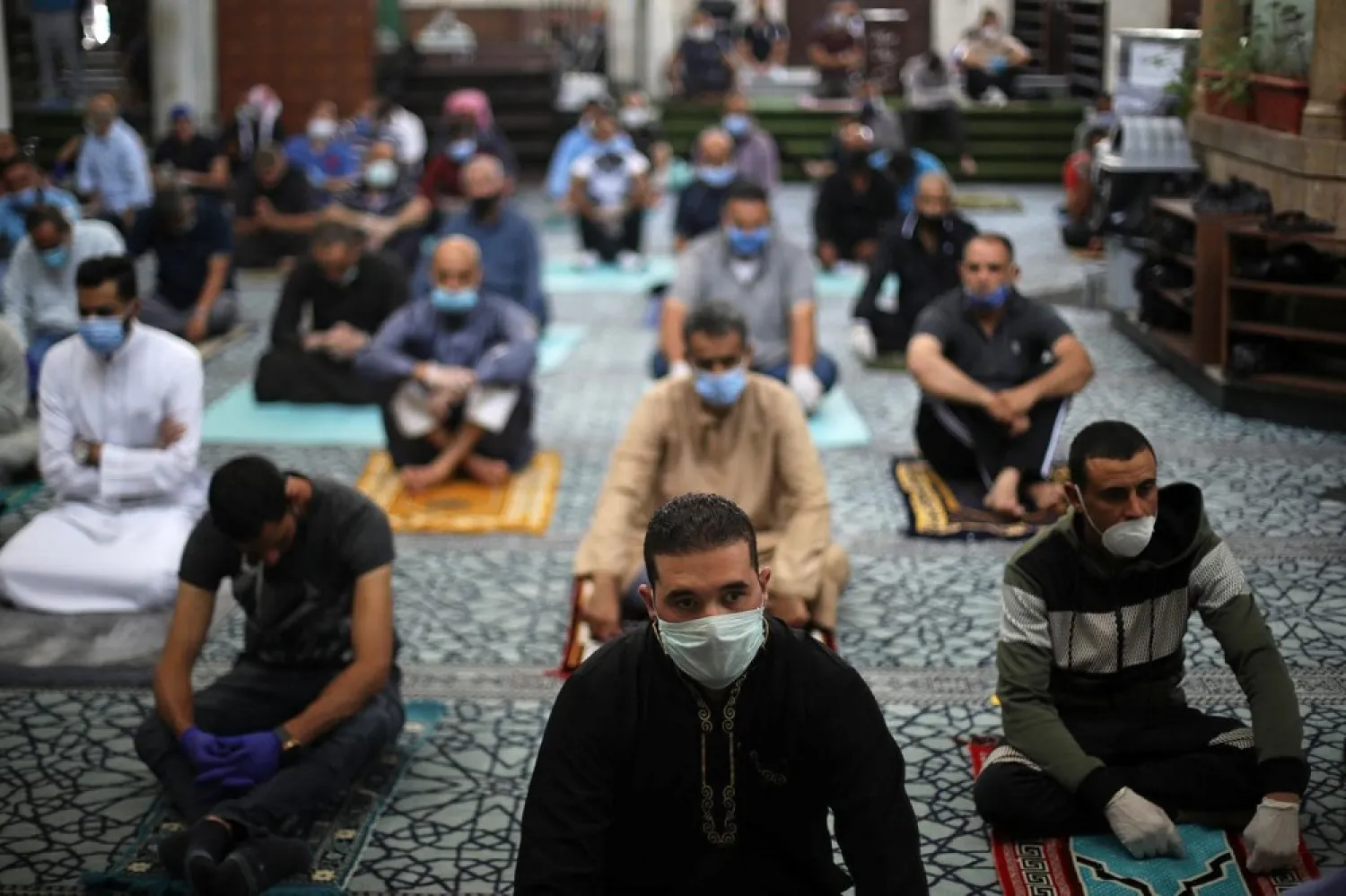Egypt's Prime Minister Mostafa Madbouly headed to Washington on Tuesday to participate in the inaugural meeting of a "Board of Peace" established by US President Donald Trump, the cabinet said.
Madbouly is attending on behalf of President Abdel Fattah al-Sisi and is accompanied by Foreign Minister Badr Abdelatty.
Foreign Minister Gideon Saar will represent Israel at the inaugural meeting, his office said on Tuesday.
Hamas, meanwhile, called on the newly-formed board to pressure Israel to halt what it described as ongoing violations of the ceasefire in Gaza.
The Board of Peace, of which Trump is the chairman, was initially designed to oversee the Gaza truce and the territory's reconstruction after the war between Hamas and Israel.
But its purpose has since morphed into resolving all sorts of international conflicts, triggering fears the US president wants to create a rival to the United Nations.
Saar will first attend a ministerial level UN Security Council meeting in New York on Wednesday, and on Thursday he "will represent Israel at the inaugural session of the board, chaired by Trump in Washington DC, where he will present Israel's position", his office said in a statement.
It was initially reported that Prime Minister Benjamin Netanyahu might attend the gathering, but his office said last week that he would not.
Ahead of the meeting, Hamas spokesman Hazem Qassem told AFP that the Palestinian movement urged the board's members "to take serious action to compel the Israeli occupation to stop its violations in Gaza".
"The war of genocide against the Strip is still ongoing -- through killing, displacement, siege, and starvation -- which have not stopped until this very moment," he added.
He also called for the board to work to support the newly formed Palestinian technocratic committee meant to oversee the day-to-day governance of post-war Gaza "so that relief and reconstruction efforts in Gaza can commence".
Announcing the creation of the board in January, Trump also unveiled plans to establish a "Gaza Executive Board" operating under the body.
The executive board would include Turkish Foreign Minister Hakan Fidan and Qatari diplomat Ali Al-Thawadi.
Netanyahu has strongly objected to their inclusion.
Since Trump launched his "Board of Peace" at the World Economic Forum in Davos in January, at least 19 countries have signed its founding charter.









